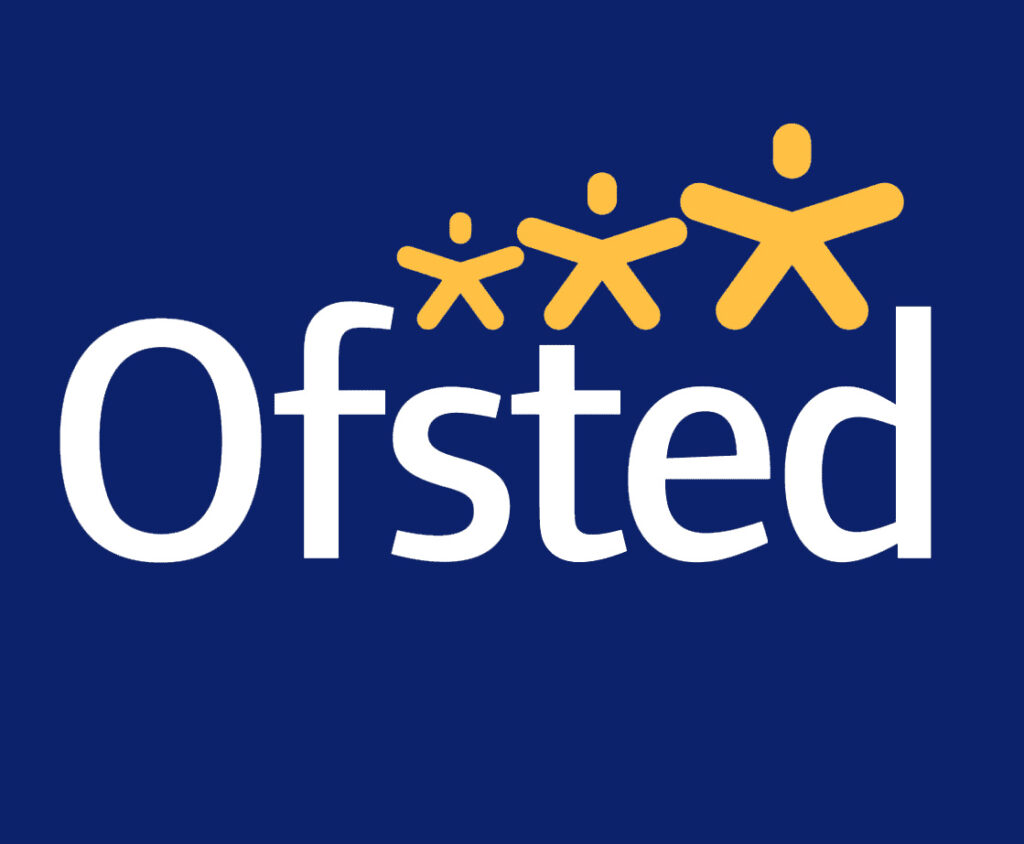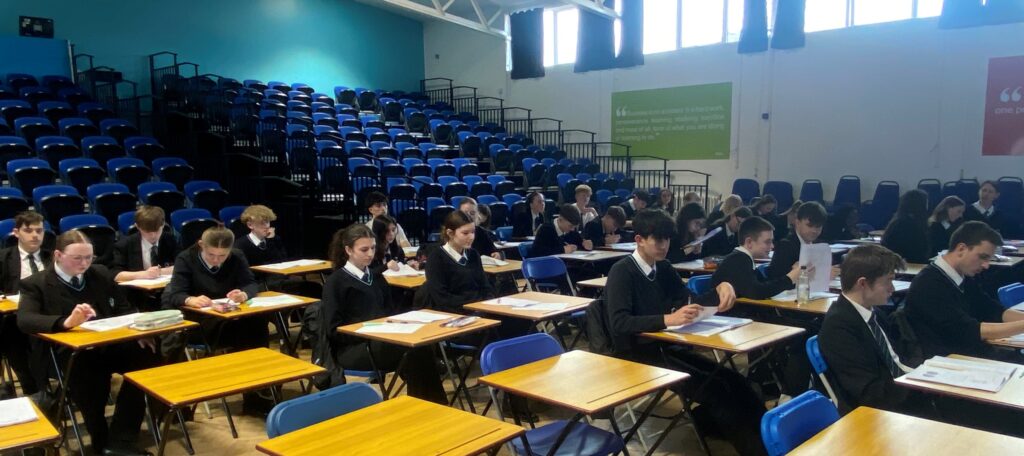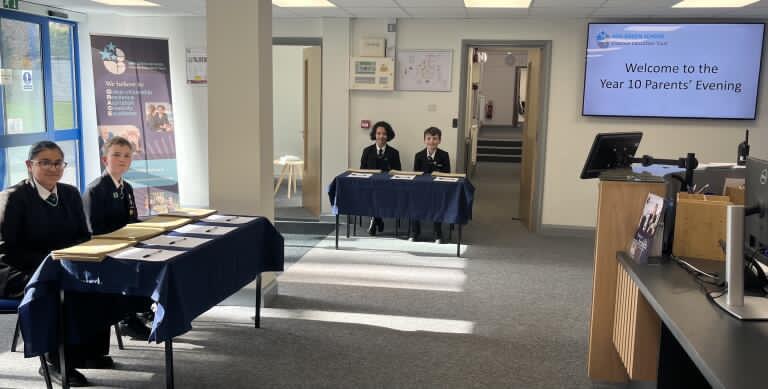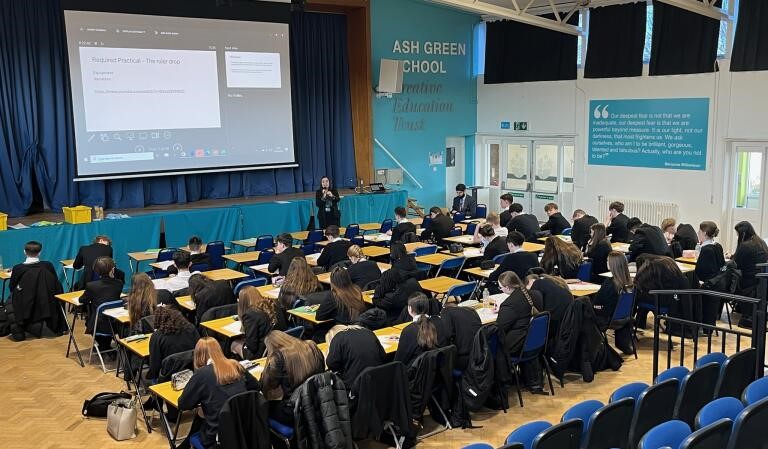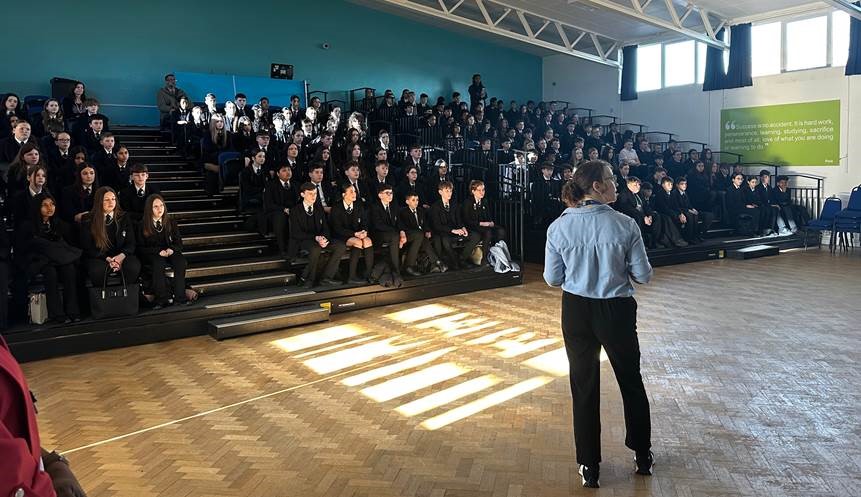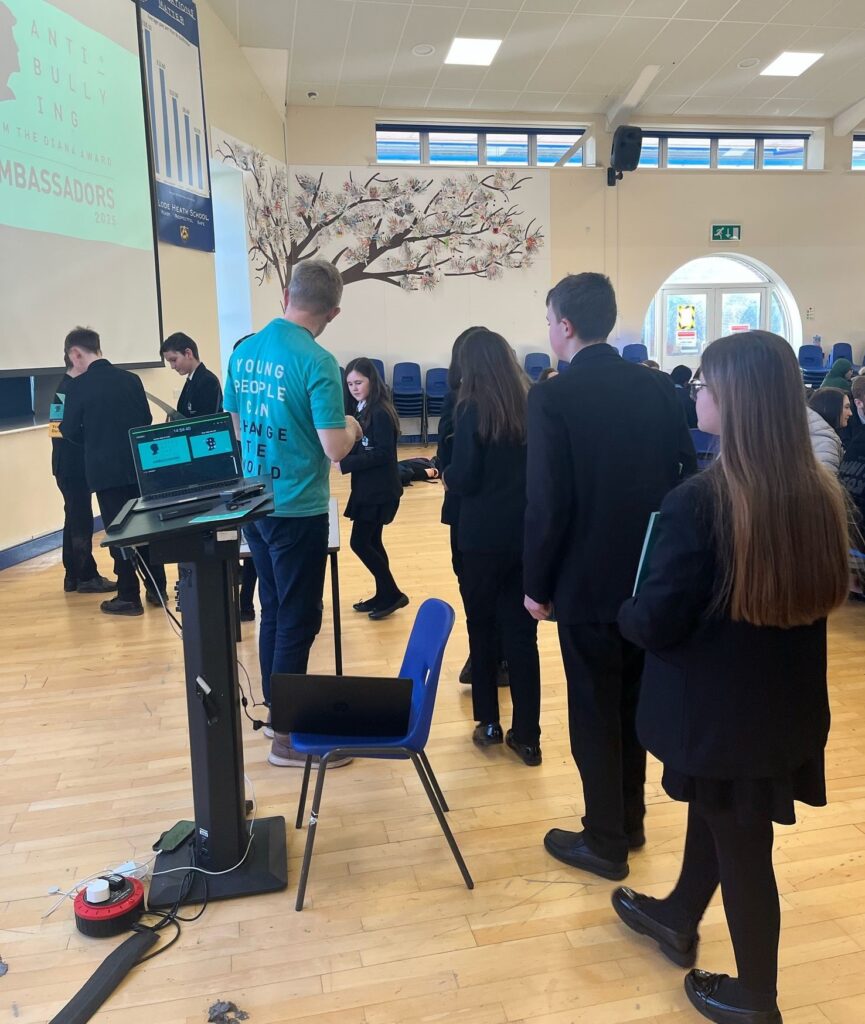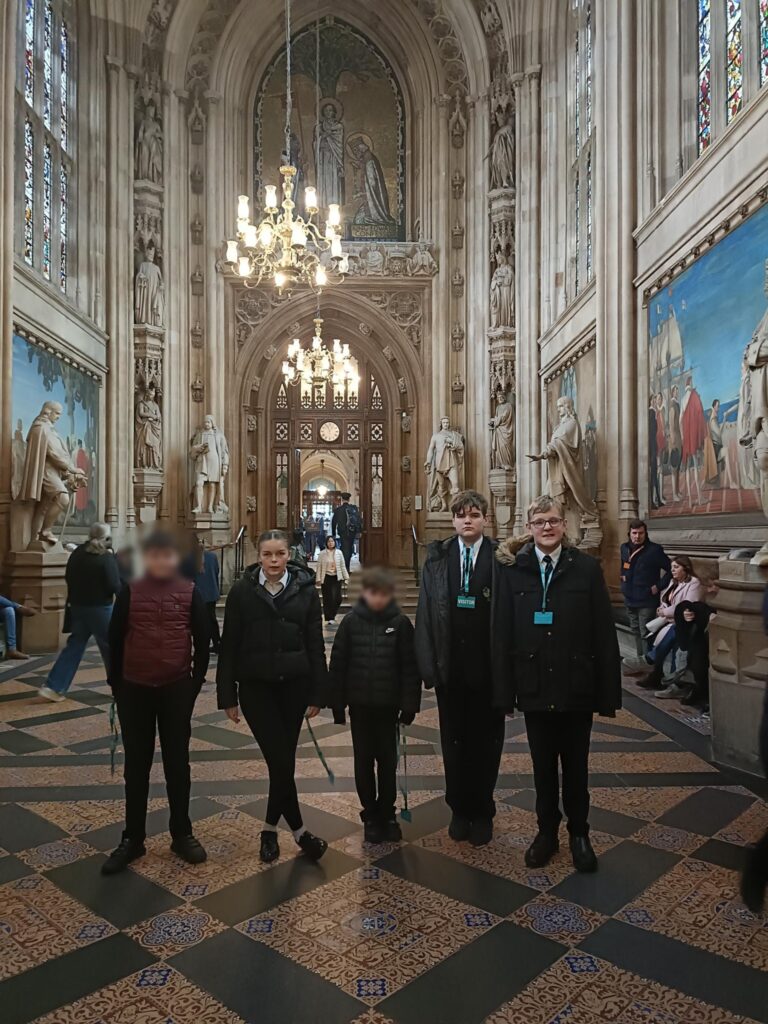

Religious Studies
All Year 7 to 9 students study Religious Education. In Key Stage 4 we study Religious Education in a rolling program through the tutor time program and through core lessons in year 10. In addition students can choose Religious Studies as a GCSE option. Aspects of religious education are also delivered across a number of curriculum areas. Ash Green School holds no affiliation with any particular religion or religious denomination but is welcome and supportive of members of any faith and those with no religious affiliation. Students attend an assembly once a week in their year group and this may include elements of a religious or moral nature.
KS3
| Year | Autumn 1 | Autumn 2 | Spring 1 | Spring 2 | |
| 7 | What do world religions believe? | Was Jesus a rebel? | How do religions commemorate? | What does it mean to be religious today? (How do we live our lives?) | |
| 8 | Where do we come from? | Who influences us? | Is death the end? | Ultimate questions | |
| 9 | How does religion impact young people today? | Should humans play God? | What has the world learned from the Holocaust? | ||
| Year | Summer 1 | Summer 2 |
| 7 | What defines Good and evil? | What does it mean to be spiritual? |
| 8 | Is it our world? | How does religion impact society? |
| 9 | What are your rights? | GCSE Theme/ examination skills. Crime and Punishment |
KS4 Core Lessons
A variety of religious and thematic topics will be included.
Pupils will study Christianity linked to British values and the PSHE curriculum, along side transferable knowledge to other subjects such as English, History and Geography.
- Pupils will study Christian beliefs and practices. Plus, a variety of thematic themes such as Religion and life, Relationships and families, Peace and conflict and Human rights linking to social justice.
KS4 Core
| Year | Autumn 1 | Autumn 2 | Spring 1 | Spring 2 |
| 10 | Christianity – Beliefs and teachings | Christianity – Beliefs and teachings | Christianity Practices | Christianity Practices |
| Year | Summer 1 | Summer 2 |
| 10 | Crime and punishment | Crime and punishment |
KS4 GCSE content AQA | Religious Studies | GCSE | GCSE Religious Studies
GCSE RS
| Year | Autumn 1 | Autumn 2 | Spring 1 | Spring 2 |
| 10 | Christianity – Beliefs and teachings | Thematic studies B; Religion and life. | Christianity Practices | Thematic studies D; Religion peace and conflict. |
| 11 | Thematic studies E; Crime and punishment. | Thematic studies A; Relationships and families. | Intervention and academic excellence | Intervention and academic excellence |
| Year | Summer 1 | Summer 2 |
| 10 | Crime and punishment | Crime and punishment |
| 11 |
What Topics Will I Study?
A variety of religious and thematic topics will be included.
Pupils will study Christian and Islamic beliefs. Key relevant themes will include:
- Relationships and families
- Religion and life
- Peace and conflict
- Human rights linking to social justice.
How Will I Be Assessed?
There are two written exams (each worth 50% of GCSE), comprising 96 marks each.
Component 1 The study of religions: beliefs, teaching and practices
- Component 2
- Thematic Studies
- Relationship and families
- Religion and life
- Peace and conflict
- Human rights and social justice
What Courses Could This Help Me Study After Year 11?
Ethics, Law, History, Geography, Sociology and Psychology.
What Careers Could This Help Me With?
Teacher, Civil Service, Counsellor, Police Officer, Advice Worker, Lawyer and Solicitor.
Need To Know
Religious studies will allow pupils to improve clear and logical thinking skills, evaluation, literacy and expression, and research skills.
Religious studies is great for pupils who are interested in issues that affect them and the surrounding world.
Pupils will learn about key issues to do with religion, law and rights.
As parents and carers, you have the right to withdraw your child from all or part of RE curriculum. In order to do this please contact the school and arrangement can be made for the pupil affected



